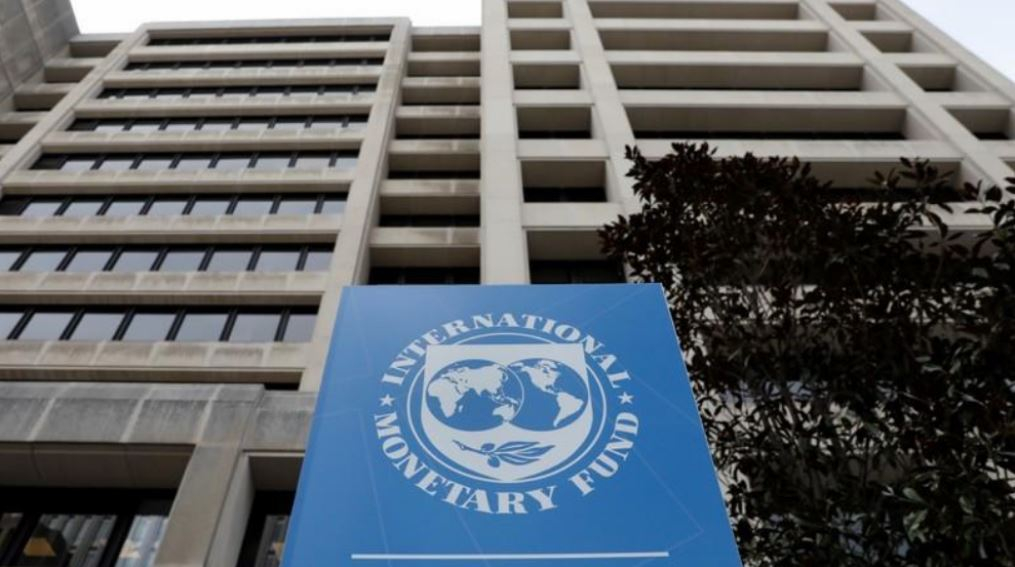The disbursement is the second tranche under the RCF and follows a $91 million package approved on May 1, 2020 and brings the total financing under the facility to $193 million (about K144.75 billion).
Treasury spokesperson, Williams Banda, has since said the disbursement would help government mitigate the impact of Covid-19 in budget support and Balance of Payment, thereby helping in macroeconomic stability fiscal sustainability, and eventually, economic growth.
He said assistance is very crucial as it has come at a time when the low level of reserves at the RBM was threatening the stability of the exchange rate.
“It is also very important for the nation to know that this support combines both budget support to the Government budget and also Balance of Payment support to the Reserve Bank. This is probably the first time in the history of Malawi where the IMF has provided budget support. Traditionally, the IMF provides balance of payment support. In its own right, the IMF giving budget support is an undoubted restoration of trust in the new Administration due to the many governance reforms it is embarking,” he said.
Banda further said the support will also lessen pressure on the budget and will go along way in supporting Government fight against the coronavirus pandemic and its effects on economic growth.
In a statement, the BrettonWoods Institution said Malawi’s economic outlook has worsened since the first RCF with the accelerated spread of the pandemic in the country and the deteriorating global and regional economic situation.
It adds that the fiscal situation has also deteriorated with revenue losses and channeling of budget resources toward critical spending, including support incomes and food security of the most vulnerable and increased health sector outlays—in line with Malawi’s national response plan supported by the World Health Organisation and other development partners.
The fund says the second round of financing under RCF is expected to help fill part of the external financing gap and catalyze other concessional financing.
IMF Deputy Managing Director, Tao Zhang, said the authorities are actively implementing measures to mitigate the impact of the pandemic and preserve macroeconomic stability.
He said key steps include strengthening the health care system, stepping up social spending, ensuring food security and easing liquidity constraints in the banking system.
“The IMF’s emergency financing under the second RCF will help close the immediate additional external and fiscal financing gaps. Further concessional assistance from the international community will be critical to close the remaining external financing gaps during 2020 and 2021 and help ease the adverse economic and social impacts of the pandemic, while preserving Malawi’s hard-earned macroeconomic stability,” Zhang said.
He observed that the authorities are committed to preserving macroeconomic stability, pursuing reforms in support of higher, more resilient, and broad-based medium-term growth, and improving governance.
“They have expressed their strong interest in a new Extended Credit Facility arrangement that is aligned with the long-term growth strategy currently under development,” Zhang said.
